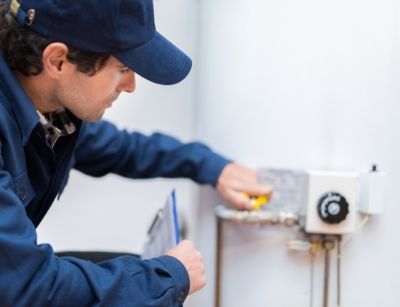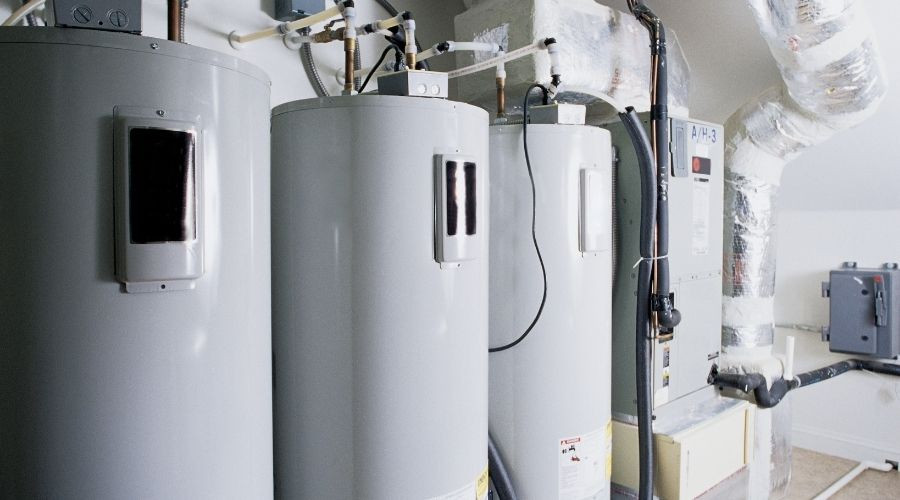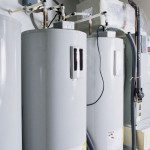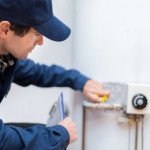Three Interesting Facts About Boilers
Many homeowners don’t even think about their boilers until their houses get too cold. Then, suddenly, they wish they knew everything about it. Instead of waiting for the next cold snap, right now, homeowners can learn about their boilers, including what they do, how they work, and what goes into maintaining one.
If one ever has questions about boiler repair, they should consider consulting a professional.
Many Boilers Do Not Boil Water 
Fireflies. Strawberries. Prairie dogs. Just three things with misleading names. Now, there’s a new addition: boilers. Contrary to what the name suggests, boilers do not actually boil water. Here’s how they work:
- Boilers have water in them (obviously).
- The boiler gets hot and converts the water into steam.
- Then, the boiler pushes the steam through the home’s vents.
- The steam heats the room and, eventually, makes it back into the boiler.
But how does a boiler heat up water without boiling it? Simple. Many boilers use heat exchangers, which heats water without boiling it.
Boilers Are a “Green” Way to Heat the Home 
Here’s why:
- Homeowners don’t have to keep putting water into their boilers. The water that the boiler uses returns to the system, cutting down on both maintenance and water usage costs.
- Boilers ultimately promote better air quality than their competitors. Why? Heating systems that blow air through the vents spread dust, hair, and other allergens. Steam does not pose this risk, cutting down on how often homeowners need to clean their systems.
- Boilers, in general, don’t use that much energy when it comes to turning on the appliance. Solar-powered boilers use so little energy it’s not worth mentioning.
A boiler maintenance professional can explain how boilers save money, energy, and frustration in more detail.
Water Pressure Is Crucial to a Boiler’s Efficiency
One may wonder: “How does a boiler push steam through the home’s vents?” This is possible with water pressure. The more pressure a boiler has, the better it can warm the home. Without adequate pressure, the boiler is essentially useless.
Signs of poor water pressure in a boiler include:
- Colder-than-normal temperatures
- Puddles of water around the appliance’s base
- Knocking, hissing, or clanging sounds
- Higher-than-usual energy bills with no change in usage
- Frequent repairs
If one’s boiler doesn’t have adequate pressure, they should call a boiler maintenance service. DIY measures could only make the issue worse. A professional will need to repressurize the machine if a boiler has pressure issues. This is a complex process. It involves:
- Powering off the system
- Making sure the filling loop is properly attached
- Opening the boiler’s valves
- Getting the boiler to at least 1.5 bar (the measurement for pressure)
- Checking for any leaks
About Dutch Enterprises
Dutch Enterprises does it all from boiler installation to a host of other repair services. Interested parties in Cape Girardeau can call these professionals today to learn more about their reliable boiler service.























